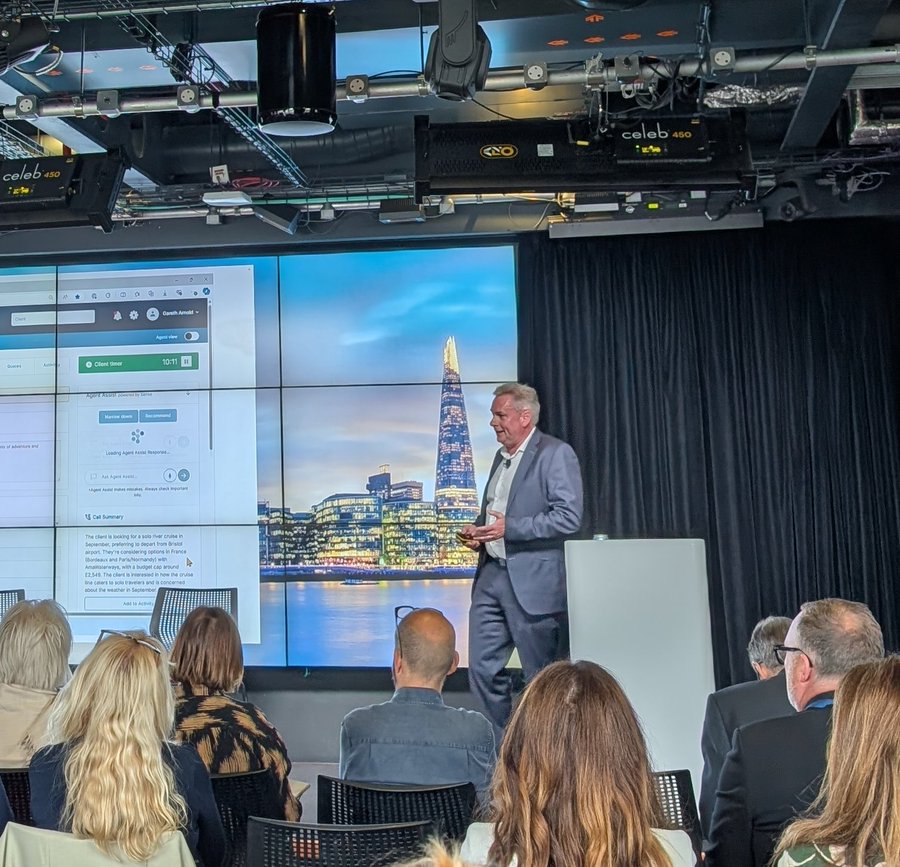The travel industry is on the brink of a revolution, driven by the rapid adoption of Artificial Intelligence (AI) technologies. As Simon Powell from Inspiretec Ltd. aptly put it, “We need to engage with AI, if we don’t other people will enter the travel industry and overtake us.” This statement underscores the urgency for the travel sector to embrace AI to stay competitive and enhance customer experiences. Here’s a deep dive into how AI is transforming the travel industry and what it means for the future of travel.
AI-Powered Travel Tools
Several companies are at the forefront of integrating AI into travel planning and customer service. For instance, Google and Sabre have debuted personalized travel tools that leverage AI to offer tailored recommendations and streamline booking processes. Tools like Synxis Booking Engine Concierge.AI, Travel Email IQ, Air Price IQ, AskLulu, and Mindtrip are revolutionizing how travelers plan their trips. These innovations aim to enhance the travel experience by offering personalized suggestions, optimizing pricing, and improving customer service interactions.
Personalized Travel Experiences
AI is making it possible to offer highly personalized travel experiences. Companies like Hopper, Skyscanner, Booking.com, Thomas Cook, KOGO Tech Labs, and SaffronStays are introducing AI-powered tools that cater to individual preferences. These tools use machine learning, natural language processing, and computer vision to analyze vast amounts of data and provide recommendations that are tailored to each traveler’s needs. This level of personalization is transforming the travel industry, making it more efficient and customer-centric.
AI in Action: Case Studies
One notable example of AI in action is Sabre’s use of generative AI tools to boost productivity and innovation for its software engineers. Sabre’s AI-powered modular platform, SabreMosaic, offers dual support for PNR and Offer-Order systems, enabling personalized and dynamic retail experiences for airlines. This platform, developed in partnership with Google Cloud, is transforming airline retailing and customer experience. The article Sabre Uses GenAI Tools to Boost Productivity & Innovation for 800 Software Engineers provides an in-depth look at how Sabre is leveraging AI to stay ahead in the competitive travel tech space.
Emerging Trends in AI and Travel
The travel sector is experiencing a surge in the adoption of AI tools, with a 40% increase observed in the past year. This trend is driven by the need to offer personalized and efficient travel experiences. AI is automating many aspects of travel planning and customer service, such as booking, recommendations, and concierge services. Busy travellers can also use AI detector tools to verify the quality of information on the hotel’s website. The article Google, Sabre Debut Personalized Travel Tools; Local Destinations Launch AI Assistants highlights several AI-powered tools that are making waves in the travel industry.
Challenges and Opportunities
While AI offers numerous benefits, it also presents challenges that need to be addressed. One of the main concerns is the accuracy of AI tools and the potential for generic recommendations. It’s crucial for companies to continuously improve their AI algorithms to ensure they provide accurate and relevant suggestions. Additionally, there is a need to address ethical considerations and ensure that AI is used responsibly.
Conclusion
The future of travel is undeniably exciting, with AI playing a central role in shaping how we explore the world.
Ready to Transform Your Hotel Experience? Schedule a free demo today
Explore Textify’s AI membership
Explore latest trends with NewsGenie


